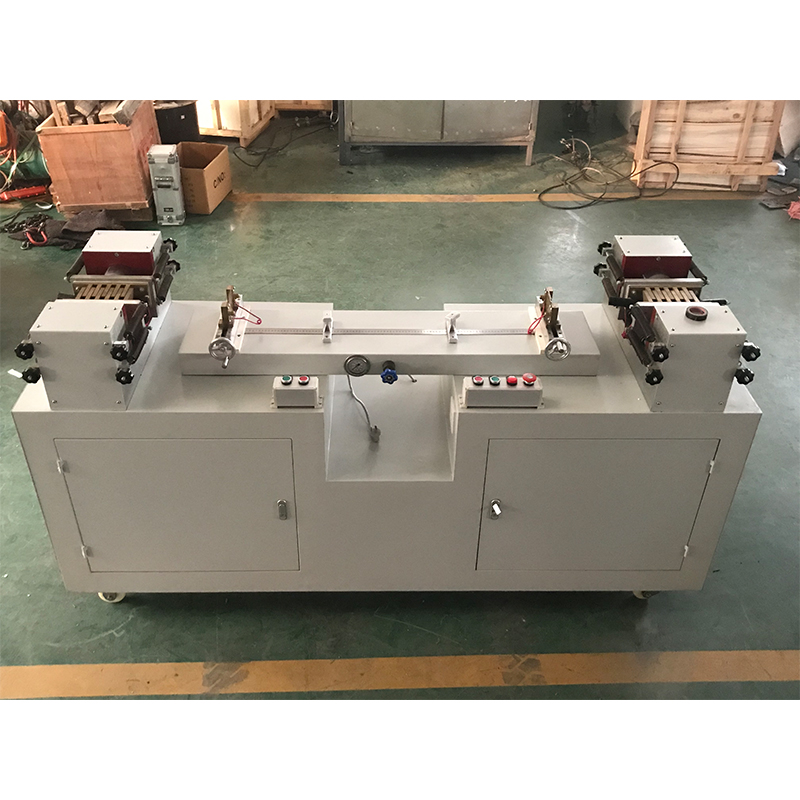Suppliers of Electromechanical Universal Tensile Testing Machines for Material Strength Evaluation
Electromechanical Universal Tensile Tester Suppliers A Guide to Choosing the Right Equipment
In the realm of material testing, the electromechanical universal tensile tester stands out as an essential piece of equipment. This versatile device is used widely in various industries to assess the tensile strength, compressive strength, and elongation of materials, making it critical for ensuring product quality and compliance with industry standards. With the growth of industrial manufacturing and quality assurance practices, the demand for reliable suppliers of electromechanical universal tensile testers has surged. This article will explore key features to look for in suppliers, the importance of this equipment, and the trends shaping the market.
Understanding the Electromechanical Universal Tensile Tester
Electromechanical universal tensile testers function using an electric motor and lead screw mechanism to create precise tensile or compressive forces on test specimens. These testers are capable of performing a wide range of tests on various materials such as metals, plastics, textiles, and composites. They are designed to conform to international standards such as ASTM, ISO, and EN, ensuring that the results produced are reliable and acceptable for quality assurance and certification processes.
Key Features to Look for in Suppliers
When selecting a supplier for electromechanical universal tensile testers, several critical factors should be considered
1. Quality and Compliance A reputable supplier should provide equipment that meets industry standards for safety and accuracy. Look for suppliers who offer testers that comply with ISO/IEC 17025 and other relevant certification bodies.
2. Customization Options Manufacturers have diverse needs, and the ability to customize your tensile tester can be a major advantage. Suppliers who can tailor their equipment to your specific testing requirements will offer a more valuable service.
3. Technical Support and Training The complexity of testing equipment necessitates reliable customer support. Suppliers should provide adequate training for your staff, as well as ongoing support for maintenance and troubleshooting after the purchase.
4. Reputation and Experience Research the supplier’s history in the industry. A company with a long-standing reputation is likely to have proven products and reliable after-sales support, which are crucial for minimizing downtime in testing labs.
electromechanical universal tensile tester suppliers

5. Range of Equipment Suppliers who offer a wide variety of testing machines – including accessories and additional equipment – can be particularly beneficial. This allows for future upgrades or extensions without having to change suppliers.
Importance of Electromechanical Universal Tensile Testers
The role of tensile testers in material science cannot be overstated. They are indispensable in various sectors, including construction, automotive, aerospace, and quality control labs. By measuring materials’ strength and ductility, organizations can design safer and more reliable products. For instance, in the automotive industry, tensile testing of metals ensures that components can withstand the stresses of operation without failure. In the textile industry, understanding the properties of fabrics can drive innovation and improve product durability.
Trends in the Market
The market for electromechanical universal tensile testers is evolving, influenced by technological advancements and the growing emphasis on automation. Some current trends include
1. Integration with Software Solutions Modern testers often come with software that aids in data collection and analysis. These programs can facilitate easier compliance with regulatory standards and help track testing results over time.
2. Increased Automation The push towards automation in manufacturing has led to the development of more sophisticated testing machines that integrate seamlessly into automated production lines, reducing the need for manual testing and thus increasing efficiency.
3. Sustainability Focus As industries seek greener practices, suppliers are innovating to create more energy-efficient testing machines. This not only reduces operational costs but also aligns with the sustainability goals of modern manufacturers.
Conclusion
Choosing the right supplier for electromechanical universal tensile testers is a significant decision that can impact the integrity of your products and the efficiency of your operations. By considering the key features outlined in this article and staying abreast of market trends, organizations can make informed decisions, ensuring they invest in quality equipment that meets their specific testing requirements. As industries continue to grow and evolve, the importance of reliable testing solutions will remain a cornerstone for innovation and quality assurance in material science.
-
Why the Conductor Resistance Constant Temperature Measurement Machine Redefines Precision
NewsJun.20,2025
-
Reliable Testing Starts Here: Why the High Insulation Resistance Measuring Instrument Is a Must-Have
NewsJun.20,2025
-
Flexible Cable Flexing Test Equipment: The Precision Standard for Cable Durability and Performance Testing
NewsJun.20,2025
-
Digital Measurement Projector: Precision Visualization for Modern Manufacturing
NewsJun.20,2025
-
Computer Control Electronic Tensile Tester: Precision and Power for the Modern Metal Industry
NewsJun.20,2025
-
Cable Spark Tester: Your Ultimate Insulation Assurance for Wire and Cable Testing
NewsJun.20,2025
 Copyright © 2025 Hebei Fangyuan Instrument & Equipment Co.,Ltd. All Rights Reserved. Sitemap | Privacy Policy
Copyright © 2025 Hebei Fangyuan Instrument & Equipment Co.,Ltd. All Rights Reserved. Sitemap | Privacy Policy
